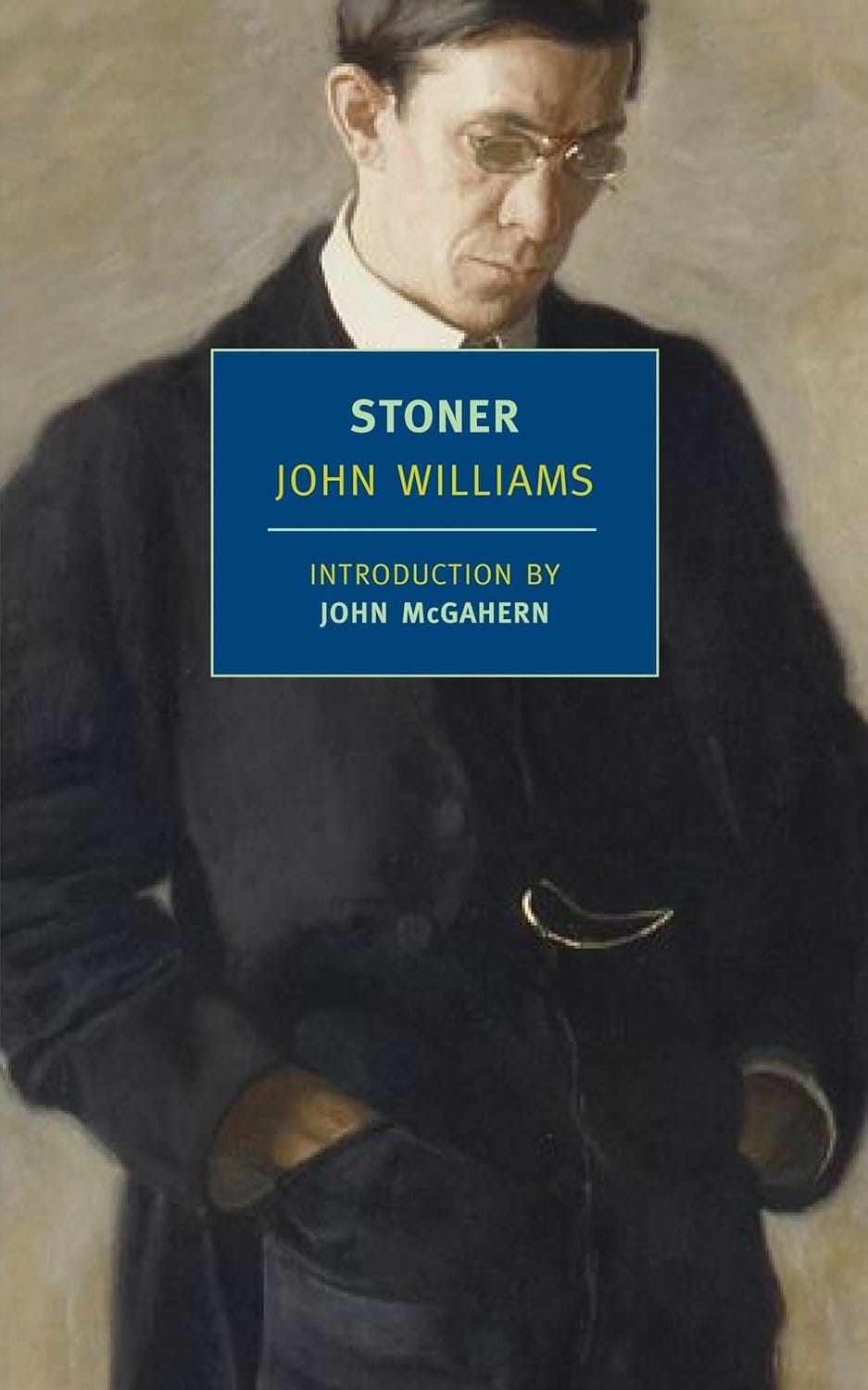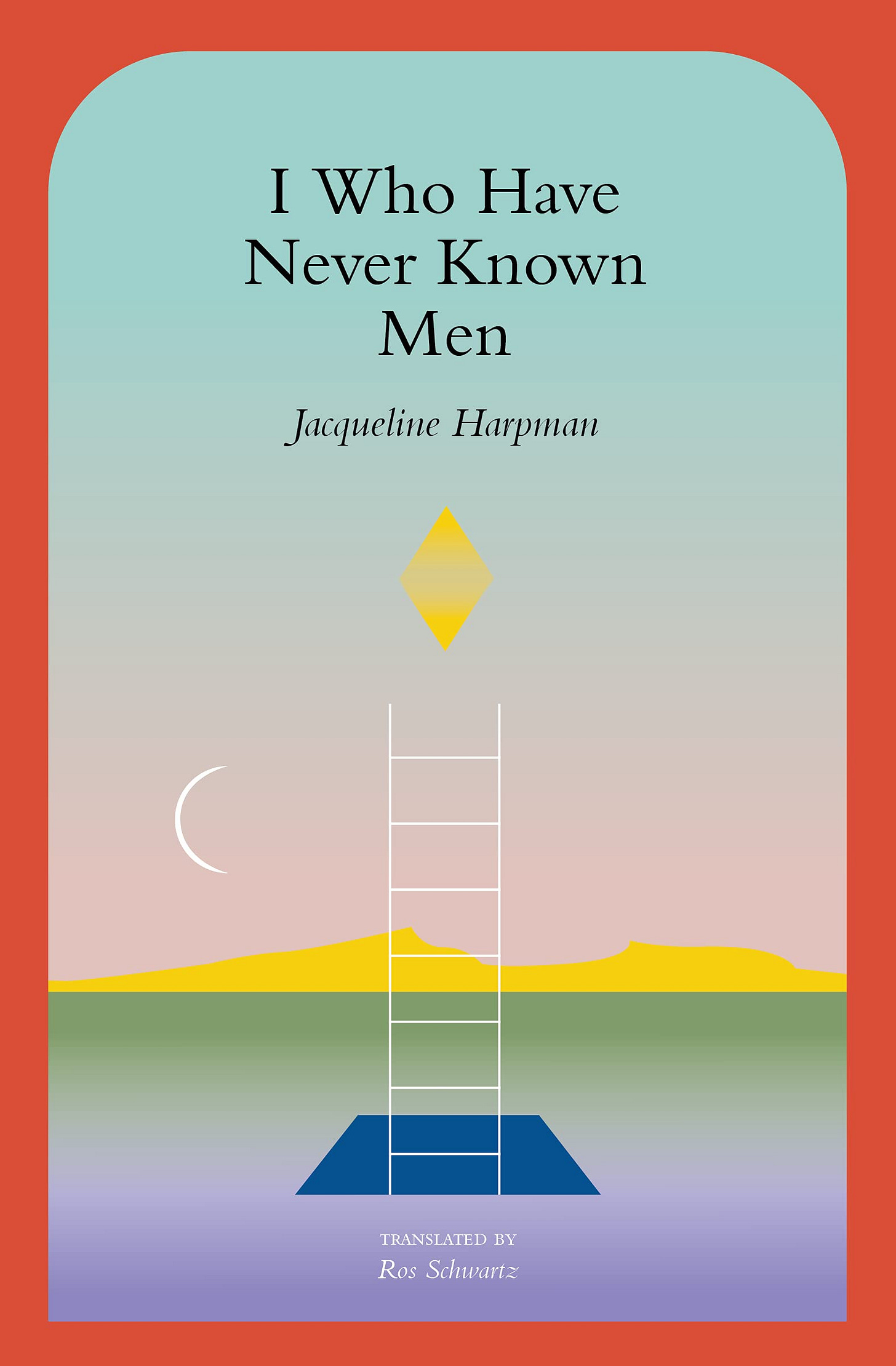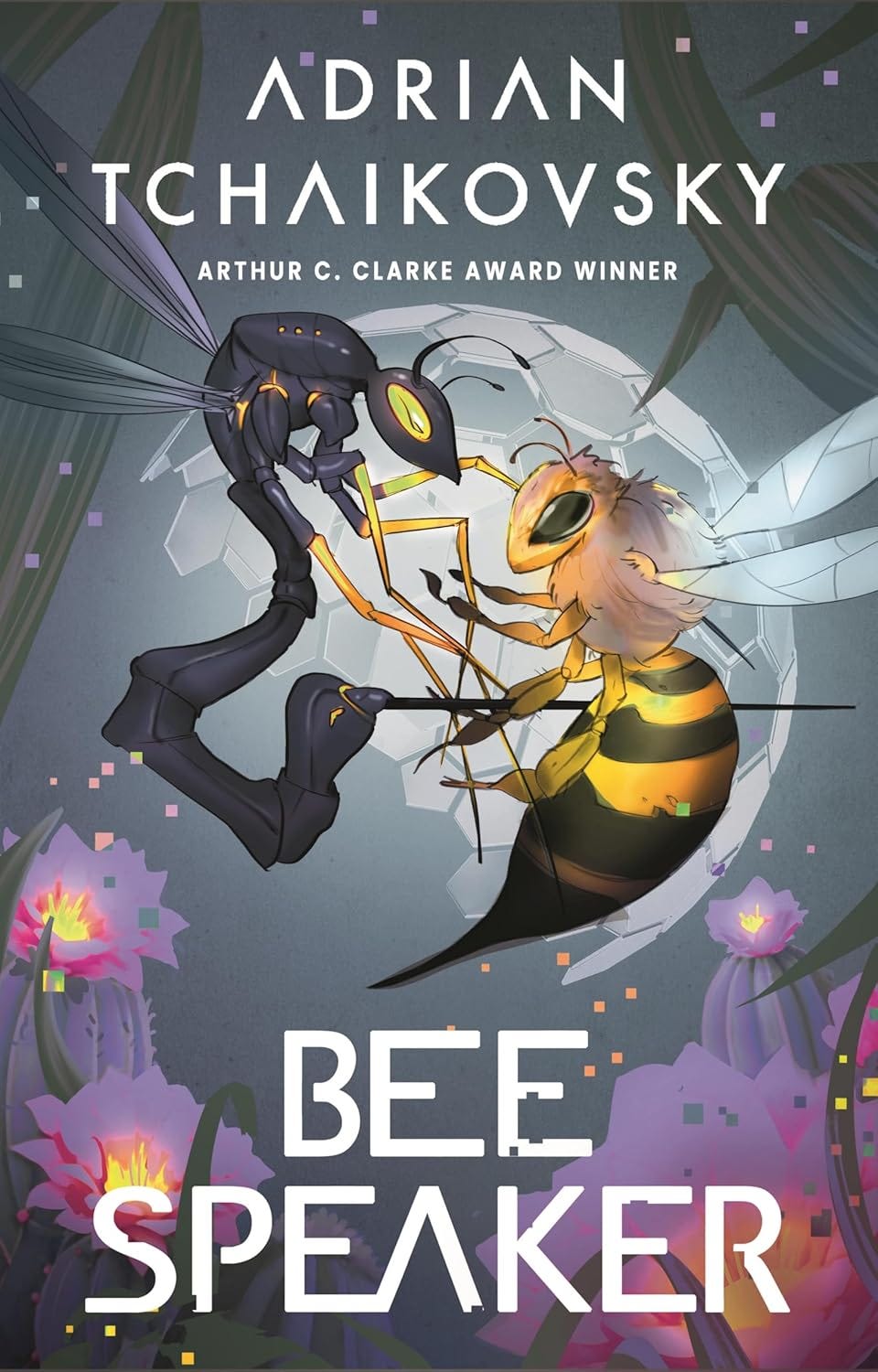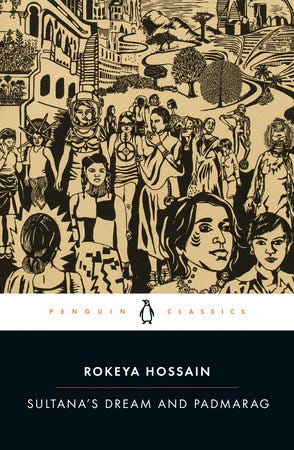Words for Worlds - Issue 108
Hello everyone, and welcome to another issue of Words for Worlds! This is a little late in the week, but in my defence, this is the first time I’ve had a couple of hours to myself since getting into a long-haul flight last Sunday morning.
The delay does mean, however, that I can, at last, share a piece that has been many months in the making. Earlier this week, the inaugural issue of Alter Mag published my long read on the secret history of Indian science fiction. I’d written this piece over the summer, and while it took a while to finally see the light of day, it’s been worth the wait, as the folks at Alter Mag have done some truly spectacular things with the layout, design, and - most beguilingly - interactive graphics. Give it a read, preferably on a desktop rather than a phone, and I’d love to know what you think!
What I’m Reading
John Williams’ Stoner spent more than a year on my study table before I finally took it up. In hindsight, it’s probably a book you need some mental time to prepare for before you read it. The seemingly innocuous biography of a seemingly mediocre early-20th century English professor in an American small-town university, Stoner is a novel of quiet devastation, of all the lives a human being does not live, of how the inertia of every single day adds up to a life of non-fulfilment, of a love that is found against all odds and then, tragically, “relinquished into the chaos of potentiality” (that line still makes my heart stop), of how ordinary unhappiness acquires jarring grandeur in the backdrop of global human folly (World War I), and how, despite all that, there can still be a sadness in endings that is tinged with nobility. I loved this book with a love in the shadow of a terror that any of those endings might have been - could still be - mine. Indeed, it is not an easy book to love - but when was love easy?
Of late, Stoner has been “rediscovered,” and its rediscovery has generated quite a bit of controversy. A lot of reviewers have panned it. I don’t know about any of that, but what I do know is that even if the rest of the book deserves to be consigned to a waste-paper basket (it does not), just for one single scene - that deals with death and dying in the most tender, humane, and heart-shattering way imaginable - it is a book for all the ages.
We read this book for the November meeting of the Delhi Science Fiction Reading Circle. It polarised opinion: some people loved it, some hated it, and then there were some - like me - who, in the words of one of our members, were “violently ambivalent” about it.
This book, set in a post-apocalyptic other world that begins with a group of women imprisoned for reasons that they do not know, and ends with the last woman in all the world, just did not do anything for me: its post-apocalyptic setting felt trite, its prose style flat (perhaps a translation issue), and its narrative something I’d read a million times before, and in much better forms. The only level at which it slightly worked for me was as a Nozick-style thought experiment, a lab setting with heavily constrained conditions, and a reflection on some basic human patterns of behaviour within that setting.
Of late, Adrian Tchaikovsky has taken to exploring ruined, post-apocalyptic landscapes as well (see e.g. Service Model). In Bee Speaker, a delegation of well-meaning and ill-prepared Martians, responding to a distress call, arrive on a blighted earth, where warring bands that seem to be reliving the Viking era, factories that churn out “monster-automatons” (but with what seems to be a soul), doughty villages, and an enigmatic order of monks, eke out a precarious existence between collaboration and conflict. At the centre of this are the “bees,” a distributed intelligence that was originally blamed for the devastation on earth, but eventually was the reason why humanity could survive on Mars.
Bee Speaker is vintage Tchaikovsky: its scientific-speculative premise is both rigorous and thrilling, and the social commentary both understated and biting. In this book, the way in which an ex-billionaire tries to avoid the breakdown of the world by building both a bunker and a viking-style cult felt both so brilliantly prescient and so darkly funny, that you could literally picture the through line from our present to that future. My only complaint was that I would really have loved to see more about the bees, with my fascination for distributed intelligences in science fiction. Maybe in the next novel!
What’s Happening at Strange Horizons
This conversation on writing diaspora, between Kat Kourbeti and R.B. Lemberg, is well worth your time. Ursula Le Guin features too, as a selling point.
The Indian Scene
Nothing stirring this week, but look out on social media for the submissions call for Volume 2 of the IF Anthology of New Indian SFF, coming very soon. As last time, it will be a blind submissions process.
Recommendations Corner
My essay on the secret history of Indian SF triggered some interesting reactions online. While most responses have been warm and generous, some people have really not liked the piece, and while these people do not necessarily agree with each other, the object of their ire is the same: Rokeya Sakhawat Hossain, with whom I begin my piece. One set of people has a problem with the fact that she was a Bengali Muslim woman writer (you can guess who these people are, and what other views they hold). Another set has a problem with the fact that a utopian fiction story should not be given any space in discussing a genre whose high priest and master is Isaac Asimov (you can probably guess who these people are as well). A third set - rather bewilderingly - has taken issue with the fact that The Sultana’s Dream has been discussed as a science fiction story instead of a feminist story (it is, of course, a feminist science fiction story). And then there is a final set that objected that the piece does not talk about Bengali SF - once again, seemingly ignoring the fact that it begins and ends with a Bengali Muslim woman writer (perhaps that is the problem!).
All of which is to say, why not make your day - and ruin someone else’s - by reading or re-reading Begum Rokeya, in Penguin’s superb edition that brings together both her SF stories, Sultana’s Dream and Padmarag? Treat yourself to some OG Indian science fiction, because - as the sub-heading of the piece notes - before Asimov, there was Rokeya.





Lovely read!